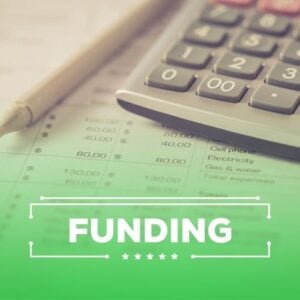The Localize to Realize (L2R) joint programme, led by the United Nations Philippines in partnership with government, private sector, and communities, has concluded in Surigao City, leaving behind a strong model for aligning the Sustainable Development Goals (SDGs) with the needs of vulnerable groups such as the Sama Bajau and informal settler families (ISFs). Implemented by UN-Habitat and UN Women with funding from the Joint SDG Fund, the programme created inclusive and gender-responsive spaces for these communities to engage with local government and design solutions tailored to their cultural and social realities.
The Sama Bajau, known as sea nomads, and the ISFs, many of whom live in high-risk areas, have long faced challenges from climate change and their precarious living conditions. Through the L2R programme, they were not only given platforms to voice their concerns but also opportunities to directly shape policies and initiatives that affect their daily lives. Surigao City Vice Mayor Alfonso Casurra highlighted the city’s commitment to accelerating SDGs through this collaborative approach.
Significant reforms emerged as a result of the programme. The Sama Bajau now hold a permanent seat in the Barangay Development Council, and members of both communities have been integrated as local law enforcement officers. City development plans, including the Comprehensive Land Use Plan and Comprehensive Development Plan, will now reflect the specific needs of sea-based communities. Higher education policies were also updated, with Surigao del Norte State University reserving 10% of admissions for marginalized groups and pledging stronger support services to help them succeed.
Eighty families participating in L2R have been trained to track their own progress through the SDG Faces Monitoring Report, available both digitally and manually, with a mobile application under development. The app is being designed to integrate gender perspectives, recognizing the central role of women in household leadership. UN-Habitat and UN Women emphasized that providing families with tools and agency ensures deeper commitment to sustaining improvements.
Community-led interventions have also been established, including a neighborhood store, a materials recovery facility, a learning center, and an aquaculture feasibility study. These initiatives reflect priorities identified by the Sama Bajau and ISFs themselves. Local leaders, such as Bay Jhonny Sapayani of the Sama Bajau Magdakau Homeowners’ Association, expressed gratitude for the immediate impact, especially the creation of a nearby learning center that now gives children greater access to education.
The programme also fostered stronger partnerships among government, academia, private sector, and civil society. Regular committee meetings ensured ongoing collaboration and continuity. The Department of the Interior and Local Government (DILG) underscored the importance of this model for empowering communities to actively participate in governance processes.
Looking ahead, the lessons from this pilot will guide broader implementation of localized SDG strategies across the Philippines. UN Resident Coordinator Arnaud Peral emphasized the need to systematize L2R’s successes so they can inform public policy and improve international cooperation. National agencies such as the Department of Human Settlements and Urban Development (DHSUD) and the DILG are already adopting SDG-aligned approaches in settlement planning and smart city development.
Finally, support from L2R enabled Surigao del Norte to prepare the country’s first provincial-level Voluntary Local Review (VLR), complementing Surigao City’s earlier report. The Regional Development Council has encouraged other provinces in the CARAGA region to replicate this effort, demonstrating how Surigao’s breakthroughs in SDG localization could inspire nationwide impact.







